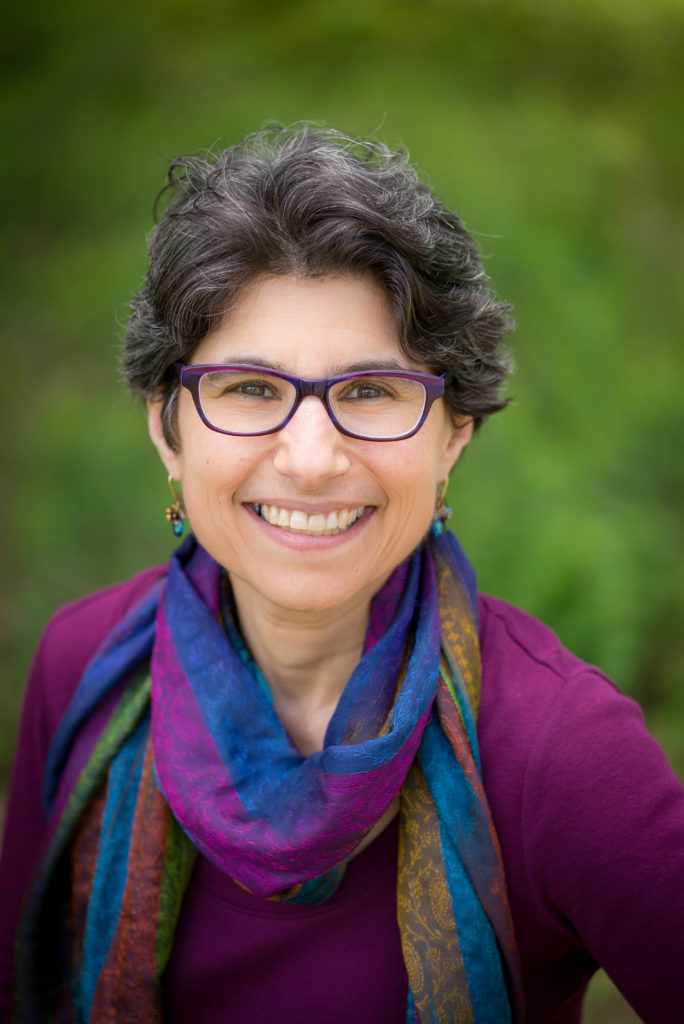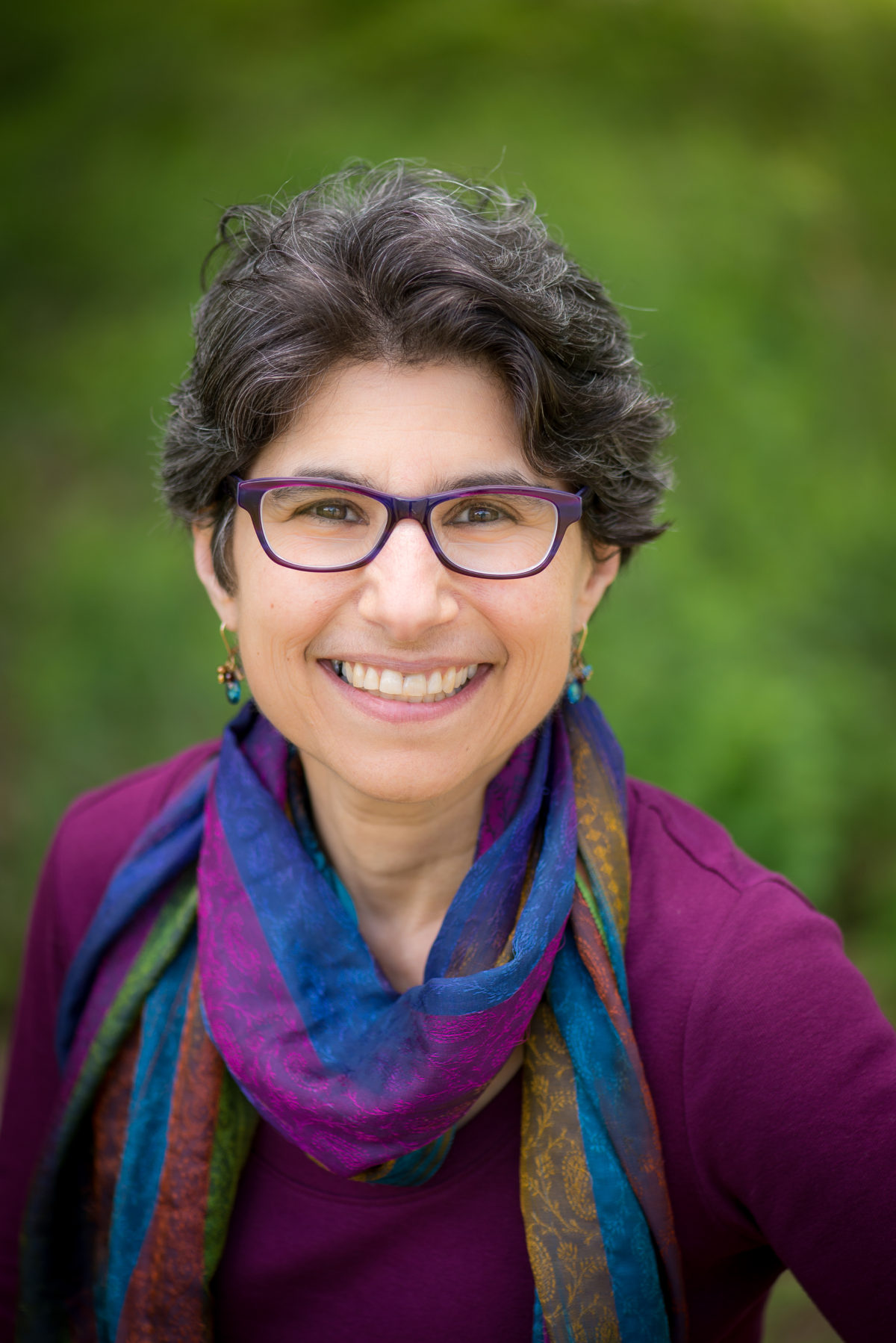As you read this column, the rhythms of fall are beginning. The trees are starting to change color and the weather should be cooling off. For many of us, vacations are over, school is beginning, and it is time to buckle down to new commitments.

It is also time to start thinking about the High Holidays and what they can bring to us. A major theme of the New Year celebration is Teshuvah. Teshuvah is often translated as repentance; we spend time reflecting on what we did wrong and how we can do better in the coming year. But Teshuvah is also a time of renewal. We turn from our routine, look within, and imagine new possibilities, new beginnings. We can recreate ourselves and the relationships we have with others, and work toward transformation of the world.
In my role as president, I am working to understand how I can help transform TE into an even more vibrant community: a place where everyone feels welcome and supported, and where we can give even more to the community around us. I was recently struck by an article by Rabbi Rick Jacobs, president of the Union of Reform Judaism, about his choice to spend Tisha B’Av in an Orthodox synagogue, among Jews who pray differently and might believe differently and hold different political views than he does. He encourages all of us, Orthodox and Reform, liberal and conservative, not to give in to the divisions among us, nor to ignore the substantive differences we have. He instead challenges us to the exercise of building a community that acknowledges, honors, and draws strength from our differences.
I believe that our relationship with CONECT (Congregations Organized for a New Connecticut) can be one way to rise to this challenge. CONECT brings together houses of worship and civic organizations from New Haven and Fairfield Counties to work on social and economic justice issues of common concern. As a new member of CONECT, our first job is for TE members to work together to identify the social issues important to us as a community. CONECT’s work begins with relationships, first within our congregation and later, if we choose, with other member congregations. CONECT has developed a process of listening, learning, and reflecting that will help us work together to build trust as we find common goals to work towards.
As we contemplate Teshuvah, I hope we can recreate ourselves and the relationships we have with each other in more meaningful ways, from our personal lives, to our communal work, to our interactions with the world as a whole. May we continue to work toward the world we would like our children and the generations to come to inherit.
